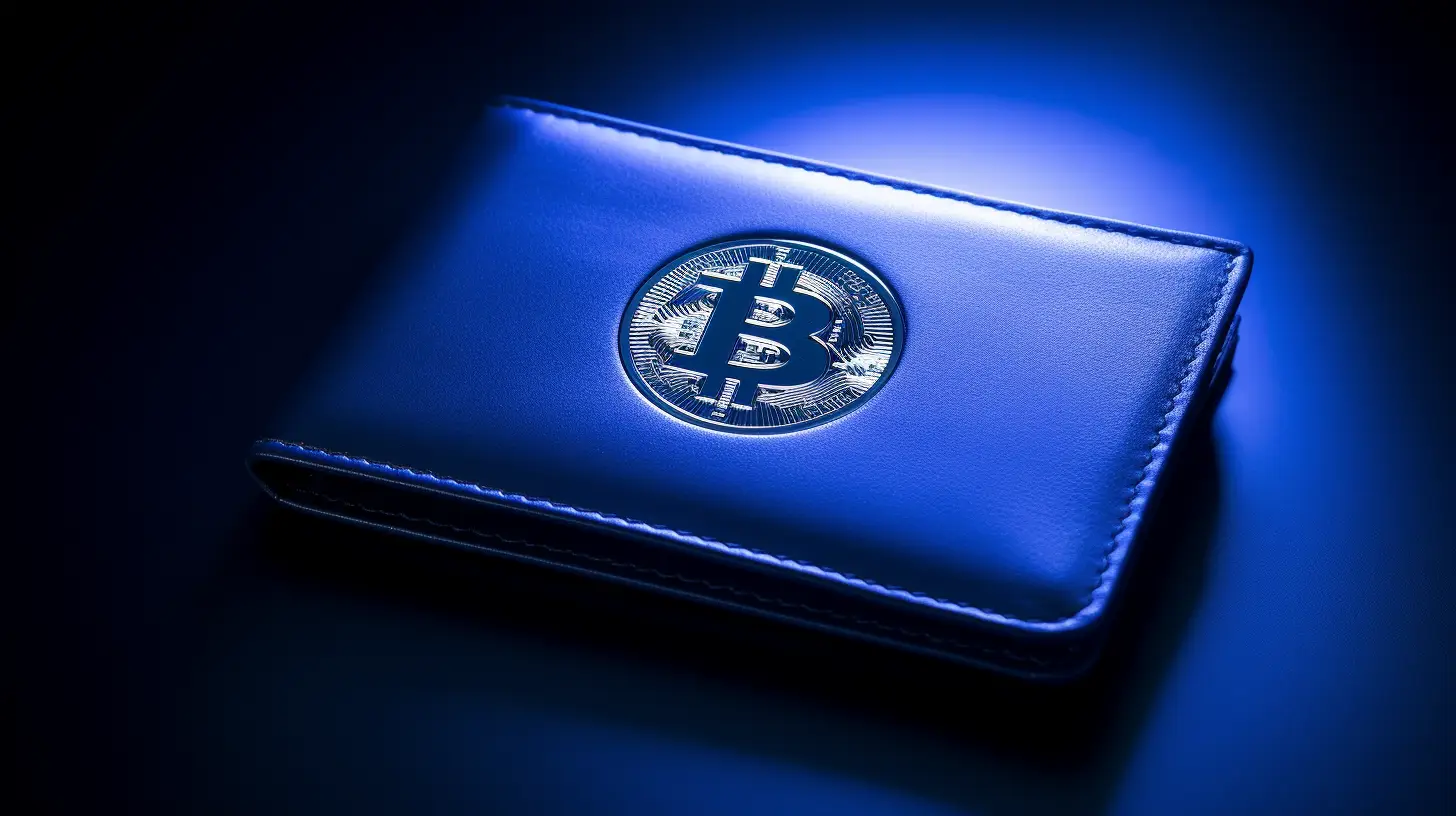The Cyrex team has been working extensively with Web3 over the past few years. Seeing a lot of potential and attention levelled at the Web3 space, we wanted to see what potential there was and do our best to help any interested clients to exist safely and stably in the world of Web3. Whether it’s been gaming, fintech, healthcare, or any other industry, none of our projects have ever been identical.
Most of the time, the first two questions we get are “Which chain should we use?” and “Which wallet should we use”? Whilst the latter is typically a consequence of the first, it’s still a very important question to be answered with a whole set of different considerations.
Let’s try and break down the different components that go into decision-making.
What are Cryptocurrency Wallets?
By wallets, we mean cryptocurrency wallets. In simple terms, these are virtual containers that are homes to your Web3/virtual currency. Like a virtual piggy bank, it’s home to your cryptocurrency and any other Web3 assets you might have.
Like a physical wallet for centralizing your cards and personal wealth, a Web3 wallet centralizes your virtual money and assets.
How do Web3 Wallets Work?
If you’ve ever dabbled in NFTs or non-fungible tokens, you might know that they are unique – hence non-fungible. No one NFT is like another. When it comes to cryptocurrency in your Web3 wallets and out on the digital frontier, they are fungible tokens – each token is worth the same.
Now the cryptocurrency that people have in their virtual possession have their own unique codes or tokens. This allows them, and them alone, to access and use them. To access your wallet and your cryptocurrency, you’ll need a public key (which can be compared to your bank account number) and a private key (which is like your personal key or password into that account).
How Does This Relate to Blockchain?
To keep things simple and accessible, the wallet fits into the world of blockchain and Web3 as your personal log. But the blockchain is the ledger, book keeper, and administrator of sorts of all the transactions. It’s a monitor and living proof of who owns what, what hands has certain assets or currency has passed through, and who transferred it.
The strength of blockchain isn’t that it can track these transactions, this is something that could be done by any other system, instead it’s that it is inherently secure. The system is verified by all who are on it and that means no one can fake or adjust it without the proper channels. As a money management platform, it’s perfect because it is immutable, unchangeable, and secure.
But that security isn’t inherent when we start building on top of it. Once we started to put things on top of the blockchain, like smart contracts, we discovered plenty of vulnerabilities. The key takeaway for security on the blockchain is that any code written by a human can potentially be exploited. And when we’re working on a system that cannot be changed once introduced, any vulnerabilities present will be there forever. We hope you’ll take this danger into consideration, especially for any Web3 and blockchain gaming based projects using smart contracts.
Types of Wallets
Let’s have a quick look at the types of wallets and any key considerations for your platform, application, or game.
Chain and Token Compatibility
This is the first consideration for wallet support. Not all wallets support all blockchain networks, some are designed to work with a specific chain or a limited set of compatible chains. Supporting only specific chains, tokens, features, and currencies, it’s important for you to define what you’re looking for so you know which wallet suits your needs for your project.
As hinted above, the chain selection can be rooted in purely technical and financial decisions, like transaction speeds and costs; but also by other relevant factors such as adoption, potential or plan sponsorship deals.
Custodial vs Non-Custodial
A custodial wallet is one where the private keys are held by a 3rd party. This means that the party has control over your funds and you only have to give permission for sending and receiving payments. Naturally, this means that if the 3rd party is compromised, your funds are at risk. And given that many of these 3rd parties host multiple wallets, they are prime targets for potential malicious actors. However, they do make using and managing your Web3 finances easier for those unfamiliar with the system.
In this case, the convenience is directly tied with strong security concerns that can move users away from the long-lasting premise of blockchain: Decentralization.
Custom vs Third Party
Given wallets have specific supporting chains and features, building your own custom wallet has its benefits as you can choose specific currencies, supports, protocols, and more.
It’s not an easy decision to make as the complexity of its creation depends on the requested features. In many cases, we’ve found custom wallet development to be a necessity. As the world of blockchain and Web3 is constantly evolving, custom-built Web3 wallets are currently a necessity as new chains and currencies appear almost daily. Another of the dangers in this route is, again, the serious concern about security issues involved with custom creating something as impactful as wallets and chains.
Final thoughts
When implementing or integrating with anything related with cryptocurrencies within the Web3 space, we tend to direct our technical reasoning to “non-boring” topics such as future-proof, market disruption through new features, and high usability. However, one must realise that we are building and maintaining part of an actual financial ecosystem and security is a very big part of the puzzle. There is a reason why banks move slowly and steadily. There is a reason why we focus A LOT on security.
If you’re in need of custom-built Web3 wallets, blockchain development, smart contract development and security, and more, get in touch with us today.
Related Articles

Cyrex Simplifies Blockchain with Secure Wallets and Bridges
Discover how Cyrex Enterprise simplifies Web3 adoption with secure blockchain wallets and ...
Read more
Your Guide to Blockchain Development in 2025
Blockchain Development in 2025: Explore the latest trends in Web3, interoperability, and d...
Read more
Secure Your Web3 Future: Cyrex’ Blockchain Wallet & Bridge Development
Unlock the power of Web3 with secure blockchain wallets and innovative bridges by Cyrex....
Read more
Infrastructure, Blockchain, and Scalability with Erick Rettozi
In this article, Cyrex' Lead Backend Engineer Erick Retozzi offers expert advice on buildi...
Read more


